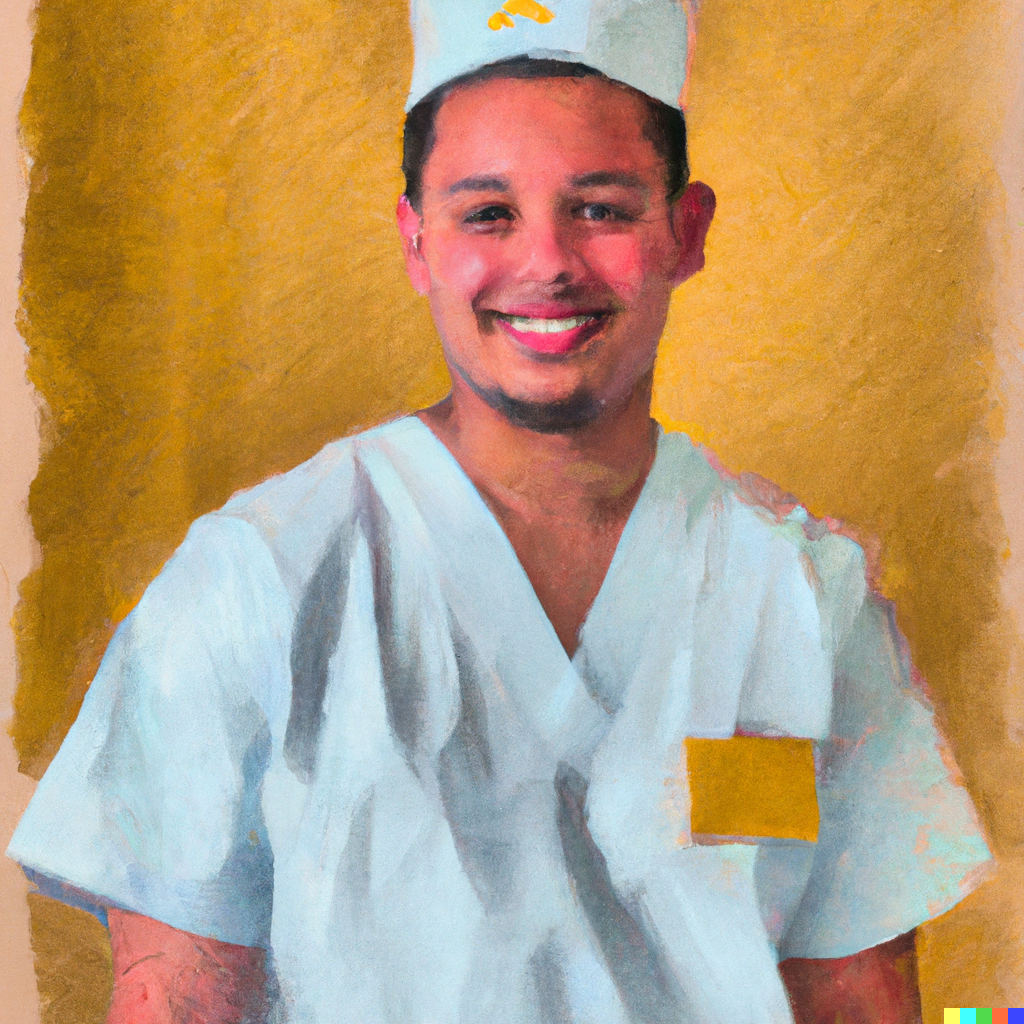The advent of Artificial Intelligence (AI) in healthcare has enabled the development of more efficient and accurate home healthcare solutions.
Some examples of home healthcare solutions enabled by Artificial Intelligence (AI) include automated symptom-tracking, AI-assisted diagnosis and treatment planning, and AI-driven proactive health monitoring. AI-assisted diagnosis and treatment planning can provide more accurate and efficient care by considering a patient’s medical history, symptoms, and lifestyle factors. AI-driven proactive health monitoring can detect early signs of illness or deterioration in health and alert caregivers. Automated symptom tracking can also provide valuable insights into a patient’s health, allowing for more effective treatment and better patient outcomes.
There are many potential applications for home healthcare solutions enabled by AI that can be a great asset in tracking activities of daily living (ADL). Using sensors, AI can monitor and analyze patterns in a person’s daily routine and activities, providing valuable insight into their habits and lifestyle. AI can also detect changes in a person’s behavior and activities, allowing for early detection of any potential problems or changes in health. Additionally, AI can provide personalized recommendations and reminders for activities of daily living, helping to ensure that people stay on track with their daily routines.
AI can also provide various services to improve the care and services provided for home healthcare, community care, personal care, palliative care, and hospice care. For example, AI can analyze health data to provide personalized advice and coaching to patients, helping them maintain their health and stay on top of their healthcare needs. AI can also be used to generate insights that can help healthcare providers better understand the needs of their patients, enabling them to provide more tailored and effective care. AI can even be used to automate tasks such as scheduling, billing, and administrative tasks, freeing up medical staff to focus on providing higher-level care. Overall, AI has the potential to improve the services and care provided for home healthcare drastically.


